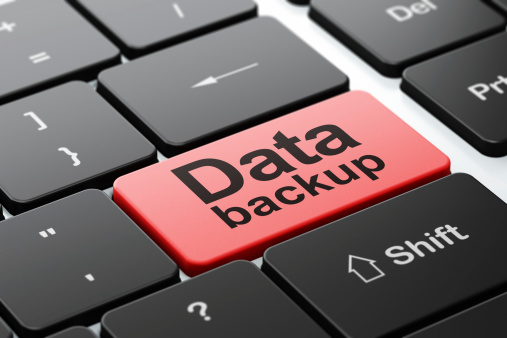By Neal Bradbury
It’s 2015, and although cyber attacks and data breaches are crowding the covers of newspapers and carving out an ever-present name for themselves on news networks across the globe, small business are still leaving themselves vulnerable to attack. What are they waiting for?
Today marks the fifth annual World Backup Day, a day set aside to inspire small business owners to take the necessary precautions to protect and backup their critical business data, so it’s important for SMBs to educate themselves on the repercussions of data loss and take steps to stop cyber threats in their tracks.
Encrypt data to keep it safe from prying eyes
Data encryption is a simple step in the fight against cyber crime and one of the most effective tools for keeping private or sensitive information protected. By encoding data both in transit and at rest and requiring an encryption key to view it, businesses are better able to keep important data out of the wrong hands and prevent thieves, cyber criminals, and even the occasional rogue employee from accessing it.
Educate users on best practices for malware protection
Often, small businesses fall victim to cyber attacks simply because they aren’t properly educated on what to watch out for. Additionally, viruses and malware have become an increasingly intimidating threat in recent years, as those behind the attacks have become more sophisticated and well funded.
It is crucial that small business owners—and anyone else who has regular access to sensitive data—be made aware of typical social engineering tactics. They should also know not to download attachments or click links in emails from unusual or unfamiliar senders and to never surrender passwords or other sensitive information over the phone or Internet.
Have a backup plan
Protecting important business data also means having a plan in place for when disaster strikes. Developing a business continuity and disaster recovery (BCDR) plan can mean the difference between shutting your doors for good or getting back on your feet and running smoothly after a flood, fire, hurricane, or system failure.
Turn to the cloud
While physical backup solutions are a great first step, they are often no match for natural disasters or theft. By sending data off-site in any fashion, SMBs are ensuring that a backup is available, no matter what happens to on-premise computers. Another advantage to cloud backup is that it can be automated, resulting in consistent, reliable backups, scheduled as often as needed for each individual SMB.
In order to protect themselves from cyber threats, small businesses must educate their users, back up their data to the cloud, encrypt that data, and develop a business continuity and disaster recovery plan. Following these tips, they are well on their way to protecting their business from the Data Loss Gremlins.
 Neal Bradbury is the cofounder and VP of channel development for Intronis. @IntronisInc.
Neal Bradbury is the cofounder and VP of channel development for Intronis. @IntronisInc.







